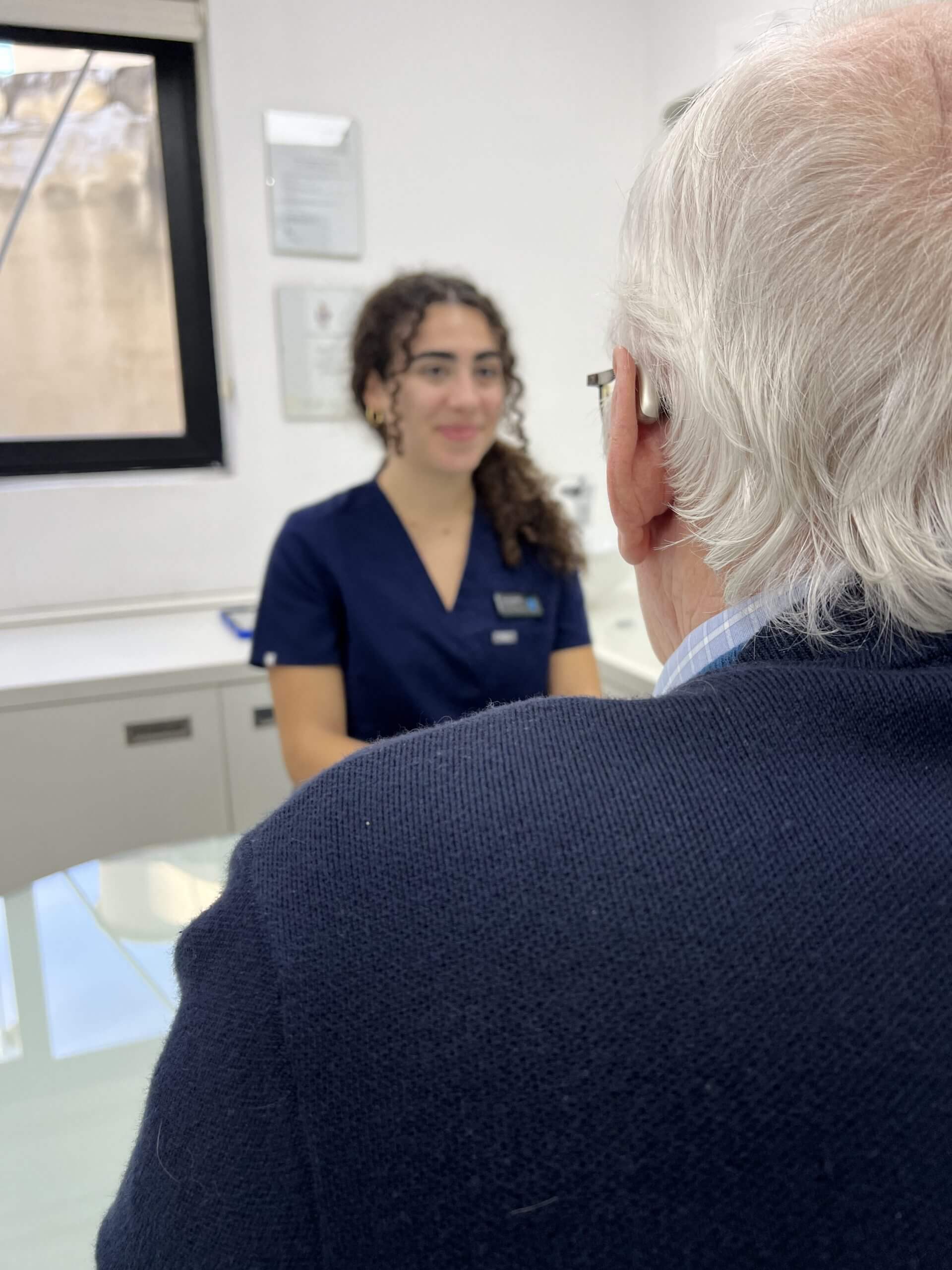
How to address your hearing loss
On average, it takes a person around 10 years to finally accept a hearing loss. That is not to say
Hyperacusis is a condition where the individual experiences an increased sensitivity to certain sounds. It can make ordinary sounds excessively loud or even painful which is obviously very irritating for the sufferer. The underlying cause of hyperacusis is still not fully understood but it is thought to involve changes in the way the brain processes sound. Unfortunately, there is no cure but there are ways that the effects can be lessened.
It is important to note that hyperacusis is not the same as tinnitus. Tinnitus is the perception of sound when there isn’t actually any sound. Tinnitus can become a symptom of hyperacusis but it is not a common symptom.
The brain processes sound in a number of ways and distinguishes between different pitches and volumes, identifies the location the sound is coming from, and deciphers the meaning of words. The brain uses it’s knowledge of the world to process the context of the sound; this means when you hear a dog bark, your brain understands that a dog is making the noise and not a cat even when you cannot see the animal.
Whilst the underlying cause of hyperacusis isn’t fully understood, there are a few possible causes that have been established:
There are a large range of symptoms associated with hyperacusis and it depends on the severity of the condition as to what symptoms the individual suffers with. Some of the more common symptoms are:
As we already stated, there is no cure currently but there are treatments that can help to lessen its effects. The options available for treatment depend on the cause of the individual’s hyperacusis. In some cases, the cause cannot be identified in which case treatment will focus on managing the symptoms. Hearing aids can be used as an effective solution as they are equipped with reduction features that can help to soften the sounds that cause discomfort. Any of the main hearing aid types can be used for this treatment:
Hearing aids are the most commonly prescribed course of treatment for hyperacusis sufferer’s but there are additional treatments available to people:
If you have any concerns that you or a loved one is struggling with hyperacusis, it’s so important to see your GP or an Audiologist as soon as possible so that treatment can be started.

On average, it takes a person around 10 years to finally accept a hearing loss. That is not to say

Living with a hearing loss does not just have to be a part of getting older. It can be treated

At the very end of 2024, Phonak released their brand new Infinio hearing aid technology. At the end of 2025,